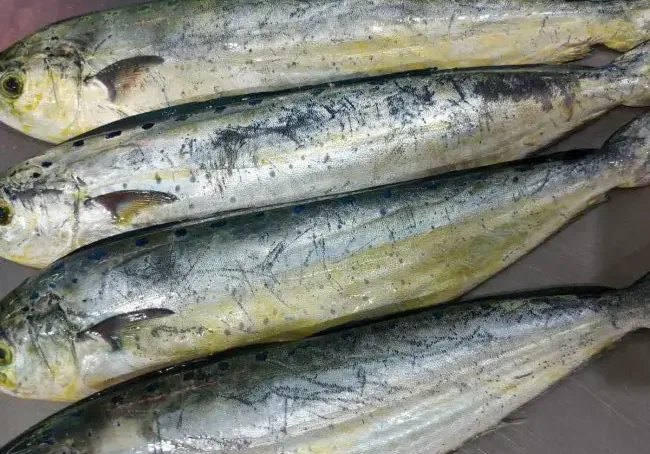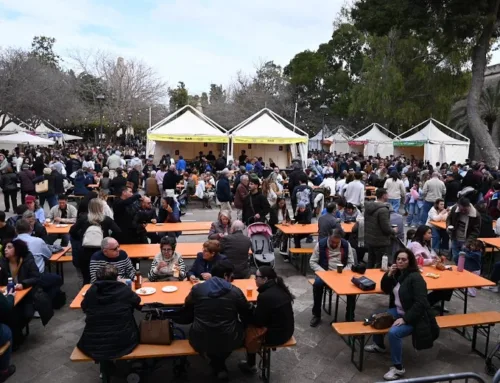**This Monday, August 26, 2024, marks the official start of the llampuga fishing season in Mallorca for 2024.** An event that will extend until December 31. This traditional practice, vital for the local economy, especially in the areas of Cala Rajada and Alcúdia, once again generates anticipation among professional fishermen and consumers eager to enjoy this prized fish.
Regulations for the 2024 llampuga season
In this 2024 llampuga fishing season in Mallorca, the boats dedicated to this activity will be able to set sail starting Monday, August 26, due to regulations that prohibit professional fishing on weekends. This year, a total of 35 boats, mostly from Cala Rajada, will be engaged in llampuga fishing under the strict regulation of Regulation (EU) 2024/259. This regulation, in effect since this year, sets a maximum effort of 45 boats for all of Spain and a total allowable catch (TAC) of 127 tons.

Catch expectations and benefits for 2024
During last year’s llampuga fishing season, Mallorca’s fishermen caught 99,486 kilos of this fish, generating revenues of 592,376 euros. For 2024, catches are expected to range between 80 and 120 tons, similar to last year’s results. This activity is one of the most profitable for the artisanal fishermen of the Balearic Islands, and expectations are high for the new season.
Regulation (EU) 2024/259 also sets rules for recreational fishing, limiting catches to 10 kilos or five fish per person per day during the period from August 15 to December 31. Additionally, llampuga fishing with the traditional llampuguera method remains exclusive to professional small-scale fishermen. Vessels that violate these regulations face severe financial penalties.
Llampuga fishing in Mallorca, especially with the traditional llampuguera method, is a practice deeply rooted in local culture. The cofradías (fishermen’s guilds) of Cala Rajada and Alcúdia, in particular, play a crucial role in regulating and preserving this tradition. The OPMallorcaMar Producers’ Organization, which regulates its members’ catches, has established a daily limit of 150 kilos per boat to ensure the sustainability of the activity.







Leave A Comment